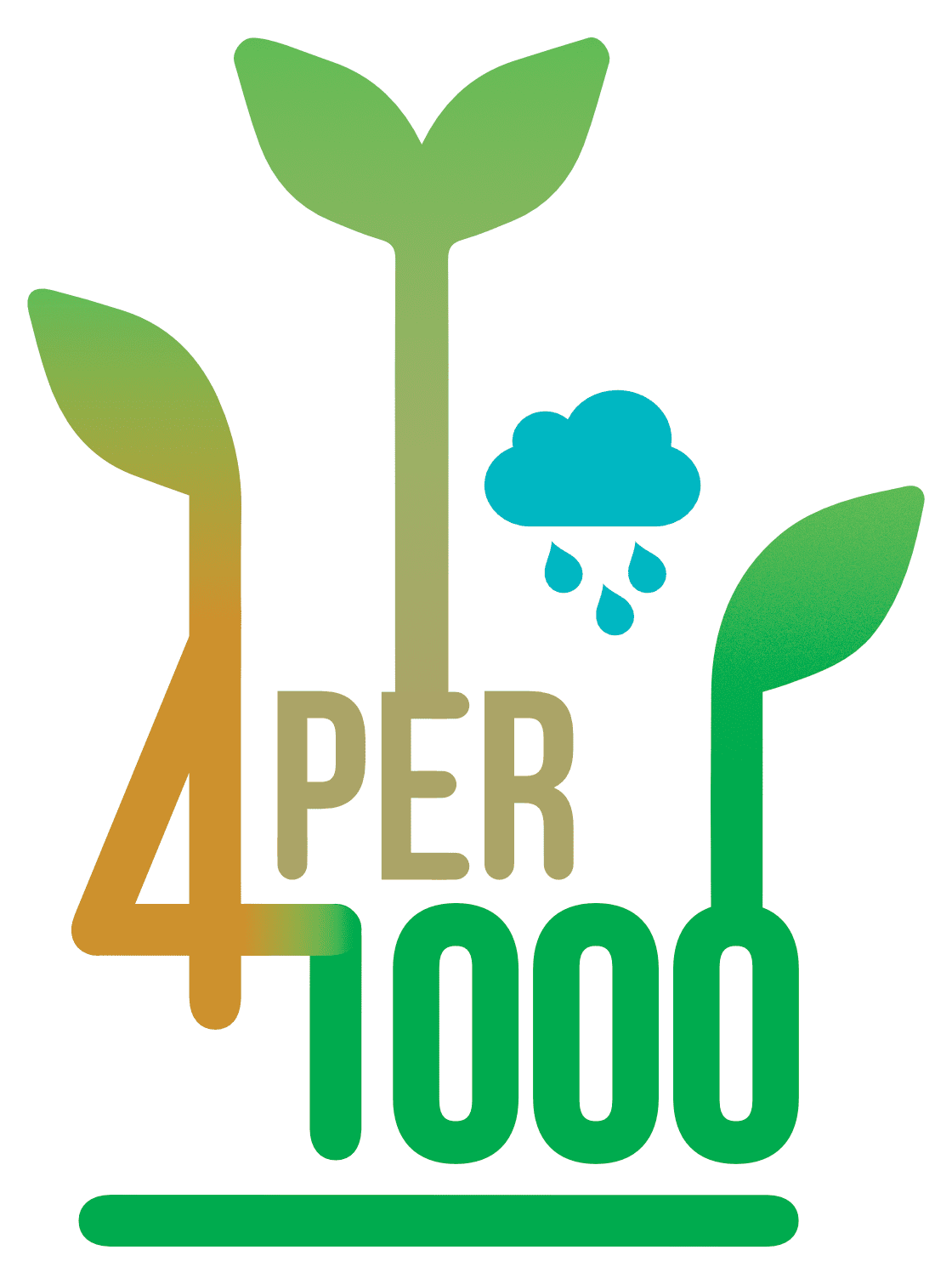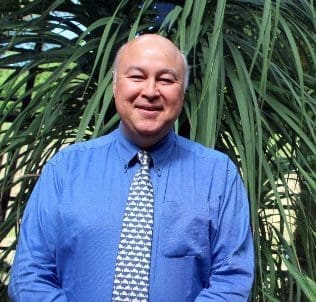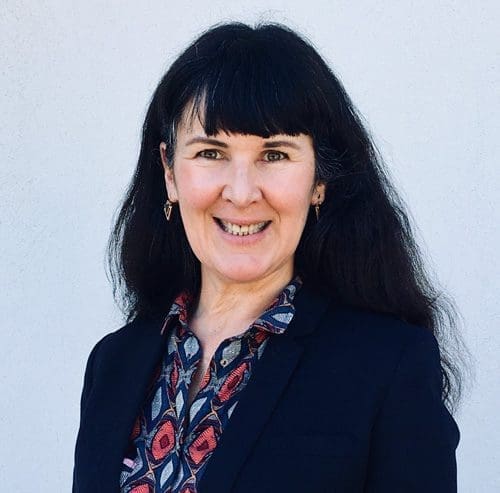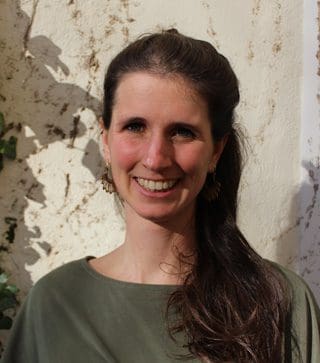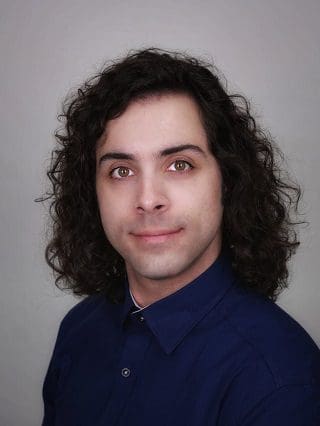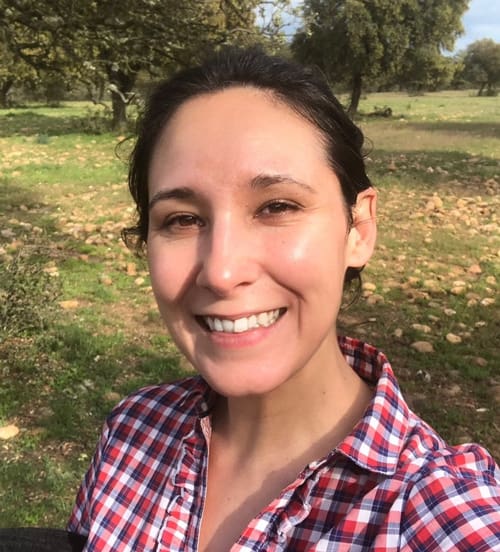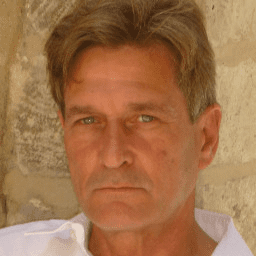The ExecutiveSecretariat
The Executive Secretariat is the executive body of the International “4 per 1000” Initiative.
Its mission is to support the governance bodies (Forum of Partners, Consortium of Members, Bureau and Scientific and Technical Committee) and to coordinate and implement the Initiative , in particular through the organisation of meetings and the management of common tools (website, collaborative platform – digital resource centre, etc.).
Hosted in Montpellier (France) by the CIAT Alliance – Bioversity International, the Executive Secretariat is composed of a team of people in charge of scientific aspects, animation, follow-up and support to projects, communication, website animation… Human and financial resources for the operation of the Initiative, including the Executive Secretariat, are provided on a voluntary basis by some Members and Partners of the Initiative.
This team, led by Dr. Paul LUU, Executive Secretary of the International “4 per 1000” Initiative since 1st September 2016, is composed of:
Dr. Paul Luu
Aged 60, Dr. Paul LUU is an agronomist specialised in tropical agronomy, with degrees from AgroParisTech, the Institute of Tropical Zones and the University of Montpellier (PhD).
He started out in the field (6 years) in agricultural research projects (Saint Lucia, Sri Lanka and Tonga) before joining the international relations department of the French Ministry of Agriculture.
He was in charge (7 years) of relations with the FAO, the WB and the CGIAR, of bilateral relations with Africa and the Mediterranean, and of the management of French food aid (200,000 t of cereals per year).
He then spent 9 years developing agriculture in the French overseas territories as Technical Advisor for “Agriculture, Fisheries and Forestry” and as Director of ODEADOM.
In 2011, Paul LUU was appointed Director of Agropolis International (Montpellier – France) before joining the CGIAR Consortium in September 2013 as Liaison Officer with the French authorities, then as Protocol Officer.
Since September 2016, Paul LUU has been seconded by the French Ministry of Agriculture and Food as Executive Secretary of the international Initiative “4 per 1000: Soils for Food Security and Climate”, launched at the COP 21 in Paris.
Béatrice BRETON-ASKAR
Ms. Béatrice Breton-Askar, Director of Strategic Partnerships & Global Outreach, is responsible for strategic partnerships, funder engagement and advocacy for the international “4 per 1000” Initiative. Her role within the Executive Secretariat consists in developing networks, partnerships and looking for funding for the sake of “4 per 1000”. She has a dual Franco-American background; she studied economics, management and international relations at ESC Rennes, France, and at Clemson University, USA, where she obtained an MBA. In 2021, she graduated from UNSSC (United Nations System Staff College) by obtaining the PACCDA (The Paris Agreement on Climate Change as a Development Agenda) Certification. She is currently employed by the Alliance of Bioversity International & CIAT, being fully dedicated to the international “4 per 1000” Initiative. Prior to this, she devoted her career during 18 years to strategic marketing responsibilities in global agrifood private sector companies, then worked at CGIAR System Organization as Funder Engagement Senior Officer, in the Strategic Partnerships team. She is based at the “4 per 1000” Executive Secretariat office in Montpellier, France.
Brigitte CABANTOUS
Ms. Brigitte CABANTOUS is in charge of the logistical organisation of the statutory meetings (Scientific and Technical Committee, Consortium of Members and Forum of Partners).
She has a bac+5 in specialized translation from Paris Dauphine University and is employed by Cirad (the French agricultural research and international cooperation organisation working for sustainable development) from 1995.
Based at the Cirad Campus in Montpellier (France), Brigitte CABANTOUS collaborates with the Executive Secretariat for a Full-Time Equivalent of 50% at the start of the Initiative, 25% today.
Dr. Claudia Schepp
Dr. Claudia Schepp is a senior officer in the international Climate division at the German Federal Agency for Agriculture and Food (BLE).
In this position she supports the Executive Secretariat of the “4 per 1000” Initiative, where she is responsible for the coordination of the Scientific and Technical Committee of the Initiative as well as policy advocacy activities.
Claudia has always been passionate about soils and the central role they play for ecosystems and society. Prior to her current position, she worked in interdisciplinary research projects in Burkina Faso (WASCAL) and Uganda (GlobE-wetlands in East Africa), where she earned her phd in soil hydrology.
Samuel OTTNAD
Samuel Ottnad was born in Freiburg im Breisgau (Germany) on 14 September 1992. He graduated in Crop Science at the University of Bonn in early 2021 with a Master thesis on the “Effect of soil nitrate dynamics, under alternate drying & wetting, on nitrogen losses and yield of lowland rice in Burkina Faso”.
Since July 2021, he has been working in Division 334 (Climate, World Nutrition, International Cooperation) of the german Federal Office for Agriculture and Food (BLE), where he is part of the Division’s international climate team supporting the Executive Secretariat of the “4 per 1000” Initiative.
He currently lives in Bonn.
Elena BOYANO GAGO
Ms. Elena Boyano Gago is an Agricultural Engineer specialized in agriculture and livestock production at the University of Leon (Spain).
As a civil servant for the Spanish Ministry of Agriculture, Food and Fisheries (MAPA), she works at the Directorate of Productions and Markets.
At her current position she works with a focus on issues related to soil health, mitigation, and climate change adaptation in the primary sector, as well as supporting the Executive Secretariat of the “4 per 1000” Initiative based in Madrid.
She had previous experience working as a Phytosanitary Inspector in border control for 4 years, as a Senior Technician of Agricultural Policies (CAP) for 2 years in Spain, and as a Consultant for the Agriculture Area at the Embassy of Spain in France for the OCDE in Paris.
Marc BERNARD
Marc BERNARD contributes to the coordination of the network of the “4 per 1000” initiative. He has been instrumental in developing the global strategy and operational framework of the initiative and is responsible for knowledge management and the management of the electronic platform.
Marc BERNARD is an agronomist and soil scientist, graduated from the Technical University of Munich. He conducted research in the tropics for many years and led interdisciplinary research programs.
He lives in Benin (West Africa) and works as a consultant for African Innovation Services (AFRIS), an NGO that provides the electronic platform.
